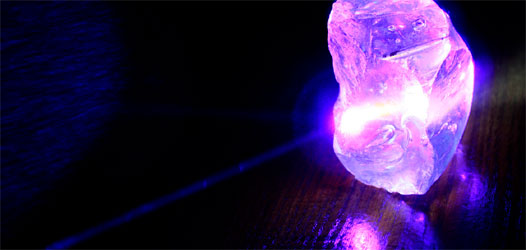Philosophy of science

In discussing the philosophy of science,
it may be that science is not complete
it may be that science is still prestigious
although incomplete …
although theoretical …
and is objective
and follows what has been said
and is independent of ideologies
and exists without human input.
Can science exist without human input?
Often, objectivity in science
is compared to art or music,
which, unlike science,
are considered on their merits
and not on their nearness to me,
and unlike science,
express inner knowledge,
subjective knowledge,
in whatever way they want,
and show that what is outer
is also what is inner,
and does not need to be proved
or expected to perfect the genre.
How does one perfect a genre?
Science is then considered
a continuous move forward,
and better than before,
because later generations
have more knowledge,
can predict better,
can replicate, standardize,
justify to fit theories,
show that lightning is not synthetic,
and deduce facts we don’t yet know,
or have not yet happened.
Are we sure they have not yet happened?
Scientists search for ultimate truth
but prefer secondary truths that
depend on a pact,
between you and me,
or me and others.
Art is sometimes a cognition
of ultimate truth
and often a cognition of secondary truth
or tertiary truth.
or a laboratory experiment
but not a hypothesis.
However, art and science, both,
need to understand,
need to subdue chaos,
tell us that robots are beautiful
or not beautiful,
create visions, take leaps of faith
and say that science is art,
and art is science,
and both can get things right.
But do they?
it may be that science is not complete
it may be that science is still prestigious
although incomplete …
although theoretical …
and is objective
and follows what has been said
and is independent of ideologies
and exists without human input.
Can science exist without human input?
Often, objectivity in science
is compared to art or music,
which, unlike science,
are considered on their merits
and not on their nearness to me,
and unlike science,
express inner knowledge,
subjective knowledge,
in whatever way they want,
and show that what is outer
is also what is inner,
and does not need to be proved
or expected to perfect the genre.
How does one perfect a genre?
Science is then considered
a continuous move forward,
and better than before,
because later generations
have more knowledge,
can predict better,
can replicate, standardize,
justify to fit theories,
show that lightning is not synthetic,
and deduce facts we don’t yet know,
or have not yet happened.
Are we sure they have not yet happened?
Scientists search for ultimate truth
but prefer secondary truths that
depend on a pact,
between you and me,
or me and others.
Art is sometimes a cognition
of ultimate truth
and often a cognition of secondary truth
or tertiary truth.
or a laboratory experiment
but not a hypothesis.
However, art and science, both,
need to understand,
need to subdue chaos,
tell us that robots are beautiful
or not beautiful,
create visions, take leaps of faith
and say that science is art,
and art is science,
and both can get things right.
But do they?

The Piker Press moderates all comments.
Click here for the commenting policy.